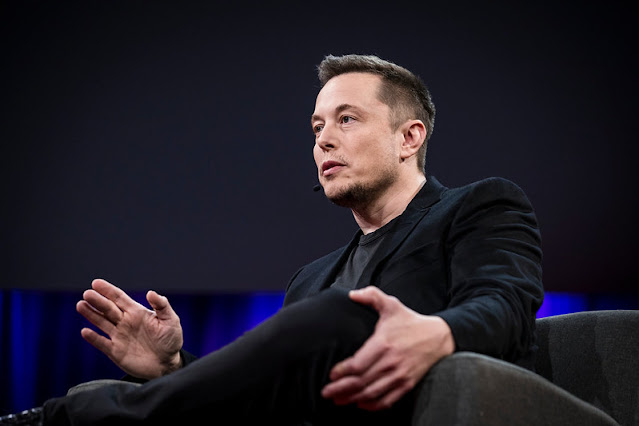Elon Musk's lawsuit against OpenAI, originally withdrawn in July, was refiled in August with new defendants, including Microsoft, LinkedIn co-founder Reid Hoffman, and former OpenAI board member Dee Templeton. The updated suit also introduced new plaintiffs, such as Shivon Zilis, a Neuralink executive and former OpenAI board member, and Musk’s AI company, xAI.
Musk, one of OpenAI's founding members, initially helped establish it as a nonprofit focused on advancing AI for public benefit but left in 2018 due to disagreements over its direction. The complaint now alleges that OpenAI, instead of remaining collaborative, is actively attempting to stifle competitors like xAI by dissuading investors from supporting them. Additionally, it argues OpenAI unfairly benefits from Microsoft’s resources, claiming a “de facto merger” between the two entities.
The complaint also accuses Hoffman of having an improper advantage due to his simultaneous roles at Microsoft, OpenAI, and Greylock Partners. Templeton, briefly appointed by Microsoft as an observer on OpenAI’s board, is similarly alleged to have played a role in arrangements that potentially breach antitrust laws.
California Attorney General Rob Bonta has also been named in the lawsuit, which references his office’s discussions with OpenAI on corporate restructuring. Zilis, who left OpenAI’s board in 2023, is considered an “injured employee” under California law, reportedly having voiced concerns about OpenAI’s internal agreements that echo Musk’s objections.
Additional details in the 107-page complaint reveal that in January 2018, OpenAI CEO Sam Altman had suggested OpenAI create a cryptocurrency, though Musk opposed the idea, citing potential damage to OpenAI’s credibility.
The lawsuit contends that OpenAI has shifted from its original nonprofit mission, allegedly becoming a “for-profit subsidiary of Microsoft.” OpenAI has moved to dismiss Musk’s claims, calling them


Post a Comment